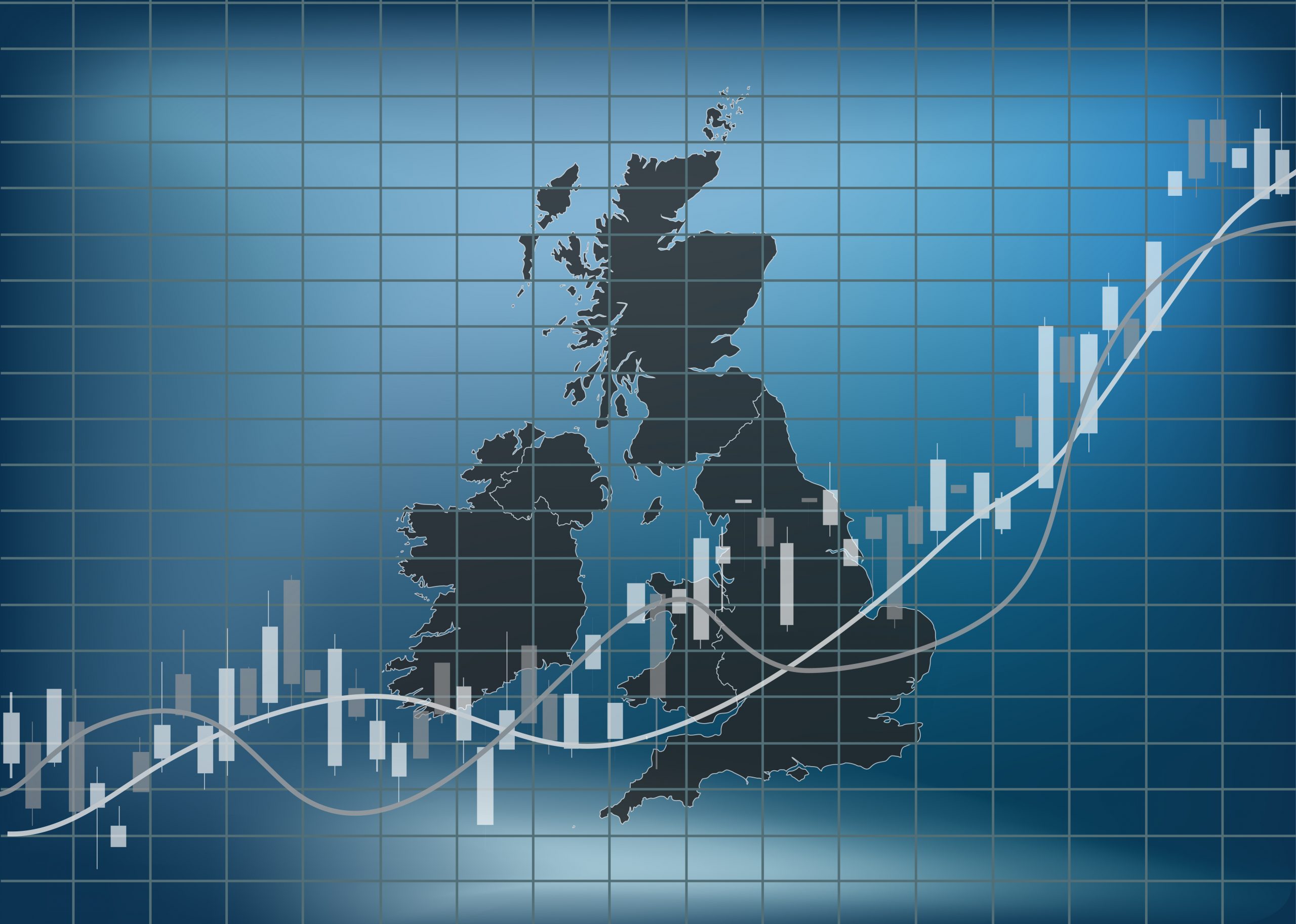News
UK economy grows 15% in Q3 but fails to recover pandemic losses

UK Gross Domestic Product (GDP) grew 15.5% in the three months to September following two consecutive quarterly falls. But it still hasn’t recovered to February’s pre-pandemic levels.
Economic growth during July and September was spurred on by restrictions on movement being eased, according to the Office for National Statistics (ONS).
On a monthly basis, GDP grew 1.1% in September – the fifth consecutive increase – and it is 22.9% higher than April’s figure where it fell 19.5%.
However, it still remains 8.2% below February’s pre-pandemic level.
The ONS noted that the services sector grew 1%, production by 0.5% and construction by 2.9% in September but added that since the peak monthly growth in June, GDP growth in the main sectors has slowed.
It added that professional, scientific and technical activities had the largest contribution (3.9%) as legal activities, accounting and advertising saw strong growth after a “muted August”.

Why Life Insurance Still Matters – Even During a Cost-of-Living Crisis
Sponsored by Post Office
Education was also a contributing factor as many children returned to school.
‘UK can expect to end 2020 significantly behind where it started’
Laith Khalaf, financial analyst at AJ Bell, said that while a strong rebound in the economy is clearly positive, “we should keep the Champagne on ice for now”.
He said: “The summer boom was turbo-charged by the Eat Out to Help Out scheme, while the furlough scheme worked its magic by keeping unemployment under wraps. But if you shut down an economy and then open it up, it’s not hugely surprising that you get a huge seesaw effect in quarterly GDP numbers
“A swollen summer of economic activity hasn’t repaired the damage done in the first half of year though and the new lockdown means the UK can expect to end 2020 significantly behind where it started. The Bank of England estimates an 11% contraction in the economy over the course of the year.”
Khalaf added the real test was how soon the economy can return to pre-pandemic levels.
“News of a potential vaccine makes the climb back look a lot less daunting, not only because it offers the prospect of a brighter future, but also because it gives businesses and individuals greater confidence in the here and now.
“Things also look like they will get worse before they get better, with rising unemployment on the cards over the course of the winter. January is a prime month for insolvencies, as troubled businesses throw in the towel after one last hurrah over the Christmas period. Failed Brexit negotiations could also give the economy an unhelpful shove in the wrong direction,” he said.